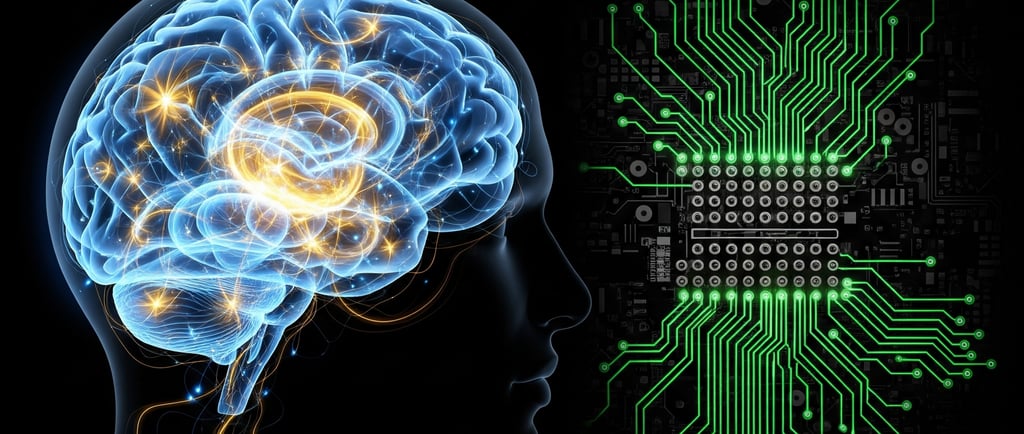Let's create a new C Level: Chief Decision Officer, CDO
How much AI will change companies is not predictable including by them
8/27/20253 min read


With AI's dominance in the lives of businesses and individuals, the question that keeps coming up is: will AI replace humans? Who will lose ground to AI? Neil de Grasse, a respected astrophysicist and writer, says that AI will change the nature of business and life, just as factories and computers did. In other words, jobs and functions will disappear and new ones will emerge.
Based on this, I arrived at a simple formula to answer the above question, starting by identifying the differences between humans and AI. Intelligence, knowledge, speed, scope, depth, and precision are qualities that made humans stand out from other animals, but today these abilities are dominated by AI. It's pointless to think that humans will surpass AI in these areas. We are the best that evolution has produced, and AI is the exponential combination of these capabilities, without the physical limitations we possess.
So, have we lost the battle? No. Thinking about a company, who should be the CIO? An AI. The same goes for CTO, CFO, COO, etc. And what's left for humans? CMO, CEO, CRO. Because the main difference between any AI and humans is decision-making power. AI doesn't make decisions; it chooses based on its learning. Even generative AI isn't capable of making decisions on its own and needs to learn, but it will continue to choose between alternatives. When it makes decisions without using its accumulated knowledge base or finds itself in a situation it can't foresee, it tries to be rational or makes decisions that don't make sense.
You could argue that we're only at the beginning of its development, and it's impossible to predict whether this will continue to be an obstacle. After all, AI was created to expand human limits. I'll use the argument of a Russian guru, George Gurdjieff, who postulated at the beginning of the last century that knowledge was material and finite. In other words, if we gave everyone access to all available knowledge instead of producing wise people, we would make everyone mediocre. Of course, he never imagined that all knowledge could include everything produced to date (there was no Internet) or an AI, but his point remains valid: which AI is the most intelligent? There is no answer to this question, because each has a specialization and, in general terms, everything is a matter of time. In other words, what one does today, another did yesterday, and a third will do tomorrow.
However, there are people more intelligent than others, even if only in specific fields. I can cite Einstein because there is unanimous agreement: how many people could create the Theory of Relativity? Half a dozen. And it's not due to study time or dedication: these abilities transcend physical and material matters. They reside in consciousness, which is what allows humans to decide when there are no alternatives, creating what did not exist.
In these moments, decision-making arises from improvisation, creativity, the ability to create new synapses (theoretically what AI can do), but all mediated by consciousness. Ultimately, consciousness is not what allows us to decide, but what allows us to decide coherently, intelligently, innovatively, and coherently with the situation. Deciding on the most important issues, especially in conflict situations, is not about choosing, but about seeing an alternative that didn't exist and that allows us to move forward.
For AI, when data doesn't suggest the best path, either the decision-making process stops or simply becomes a matter of chance. Generative AI learns and makes new connections, certainly, but it doesn't generate things out of thin air. The first human to write created writing from thin air and made it the basis of human evolutionary knowledge. Creating writing may have been easy, but transforming it into something logical, coherent, universal, and essential required giving meaning to the invention—a meaning that was latent but didn't exist.
If humans are imperfect versions of their Creator, AI is likewise an imperfect copy of its creator. This means we can't predict or prevent what the creature is truly capable of, but we can already predict that the practical outcome will be far worse than planned.
